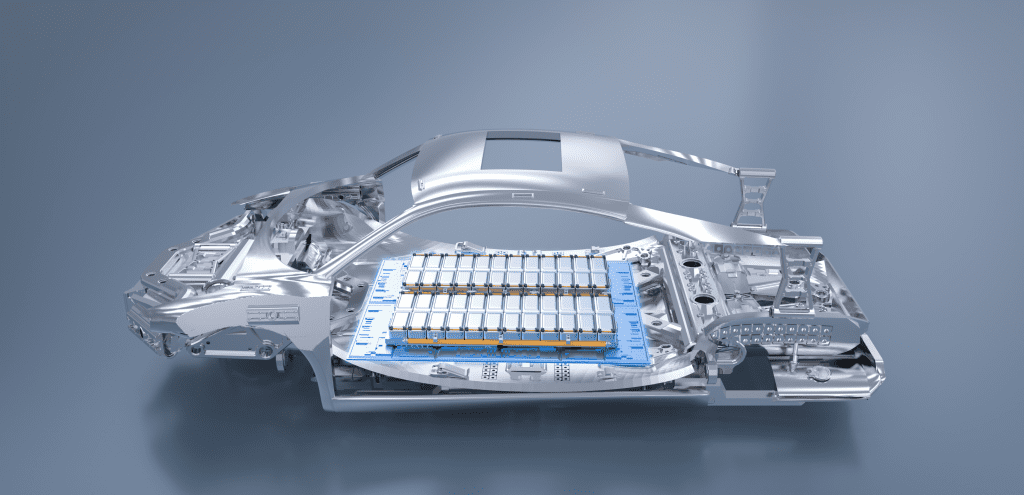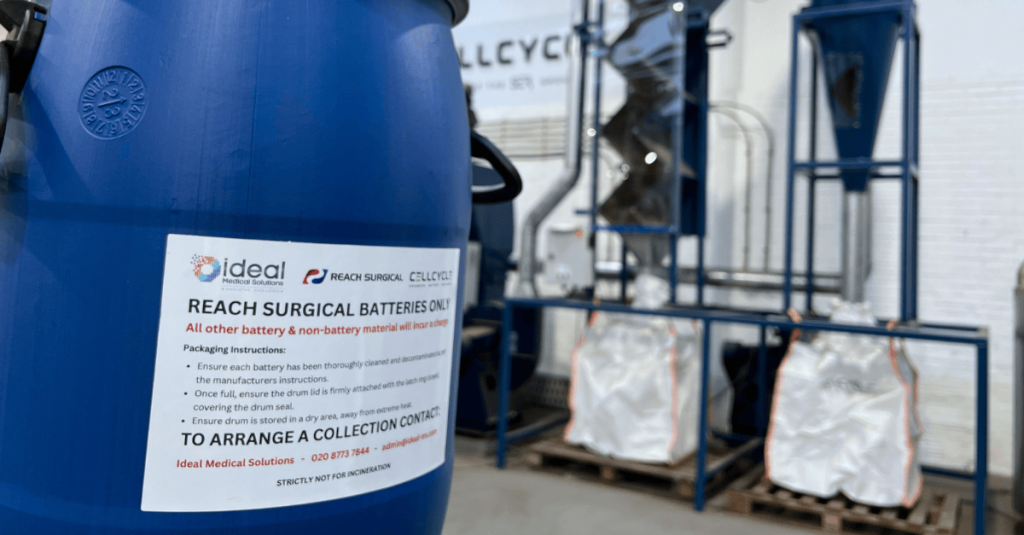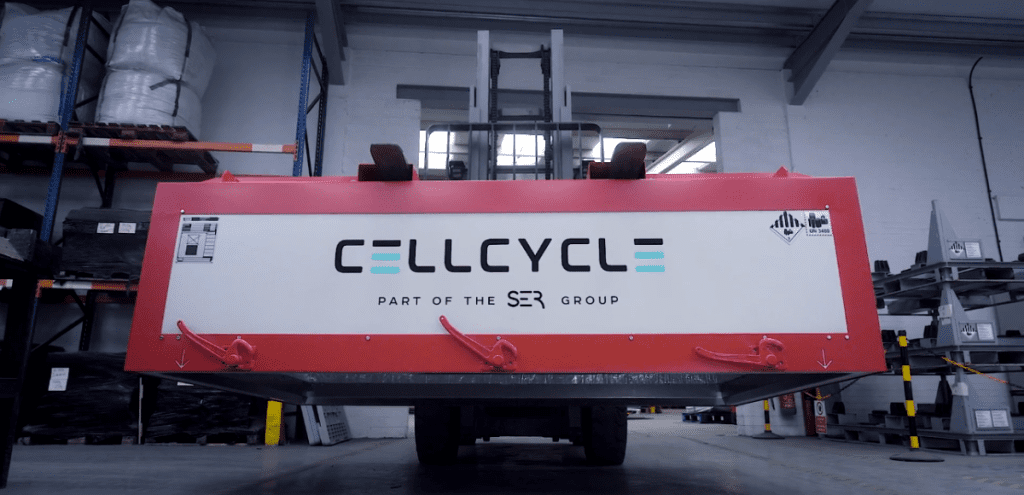Electric vehicles (EVs) are at the forefront of the transition to sustainable transport. However, concerns about battery safety, particularly the risk of fires, have attracted public attention. This article aims to address these fears by presenting factual data on EV battery safety, the role of Battery Management Systems (BMS), and the importance of proper lithium battery recycling, EV battery recycling, and disposal.
Understanding the Real Risk
While incidents of EV fires have been reported, it’s essential to put these events into context.
According to data from EV FireSafe, the rate of EV battery fires is approximately 0.0012% for passenger vehicles, which is significantly lower than the 0.1% rate for internal combustion engine (ICE) vehicles. This indicates that EVs are, in fact, less prone to fires compared to their petrol counterparts. EV battery recycling efforts can also play a preventative role by ensuring that degraded batteries are removed from circulation before they pose a hazard.
The Role of Battery Management Systems (BMS)
A critical component ensuring the safety of EV batteries is the Battery Management System. The BMS continuously monitors battery parameters such as voltage, current, and temperature. It prevents overcharging, over-discharging, and overheating, which are common causes of battery failures. By maintaining optimal operating conditions, the BMS significantly reduces the risk of thermal events and supports the overall safety of lithium battery systems in EVs.
Importance of Proper Lithium Battery Recycling and Disposal
End-of-life lithium batteries, if not handled correctly, can pose safety and environmental hazards. Proper lithium battery recycling, especially within EV battery recycling frameworks, is essential to mitigate these risks. Recycling not only prevents potential fire hazards associated with improper disposal but also allows for the recovery of valuable materials like lithium, cobalt, and nickel. This reduces the need for new raw materials and minimises environmental impact. Moreover, a structured EV battery recycling process ensures that hazardous materials are processed safely, protecting both people and the planet.
The Future of Electrification
While concerns about EV battery fires are understandable, data indicates that such incidents are rarer than commonly perceived. Advanced safety systems like BMS and robust processes for lithium battery recycling and EV battery recycling play pivotal roles in ensuring the safety and sustainability of electric vehicles. As the EV industry continues to evolve, ongoing advancements in technology and recycling processes will further enhance safety and environmental benefits.



